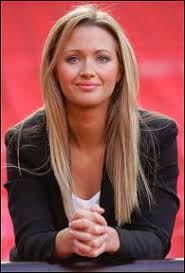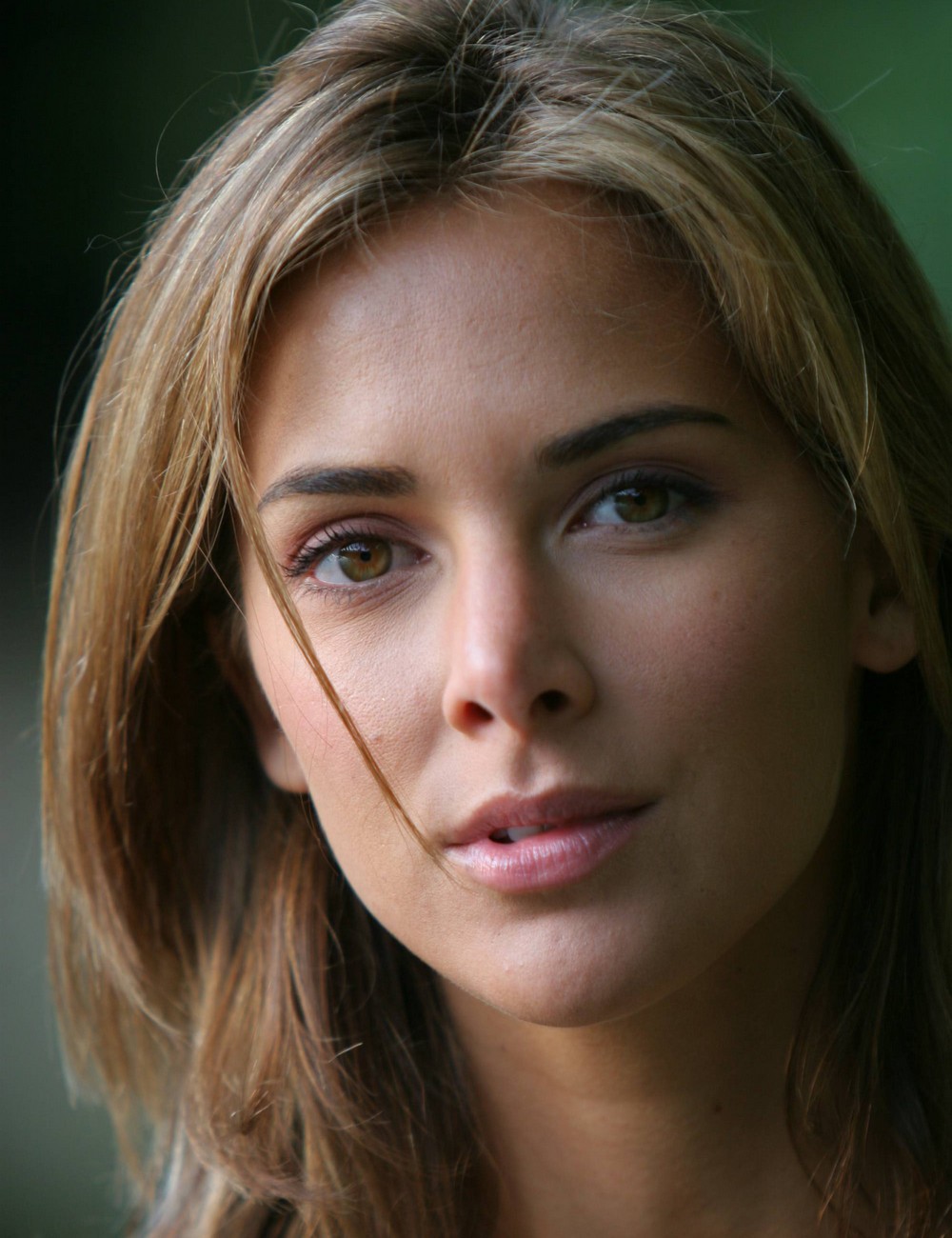
Ali Saleem, Pakistani actor and cross dresser, pushes away his third gin and tonic, stubs out a second Malboro, and straightens the folds of his lime green sari. "Are they straight?" He queries, cheekily prodding his maroon halter neck blouse. Someone nods;
Ali Saleem retreats. Begum Nawazish
Ali, star of the TV show
Late Night with Nawazish Ali emerges. Saleem has, without losing a beat, become the luscious widow of an army colonel purring about her love for the Indian Cricket Captain. "Oh Dhoni," the Begum murmurs, emitting a sigh so potent one cannot but pity the man for his absence.
The genesis of the Begum, in India to participate in the Lakme Fashion Week (Spring Summer 2008), may be traced to Saleem's itinerant childhood. The eldest of three sons of an army colonel and a Government officer, he drew stability from the companionship of his mother whom he describes as strong and brave, and in the wearing of her clothes and make up. At 14 occurred the incident of which he no longer speaks—a meeting with a psychologist forced upon him by his parents. "I was the only one in my family who wasn't confused about my identity," says Saleem, 28. "I was a woman in a man's body." Nevertheless, the meeting paved the way for his parent's acceptance of his now open bisexuality. Saleem spent several years as a theatre and television actor but it was in 2004 that a conversation with a friend, the surgeon Omar Adil, reignited his fascination with playing the opposite sex. "He said 'there's a woman inside you, and it's time you brought her out,'" recalls Saleem. "I did, and named her for Dr Adil's neighbor, Nawazish. At the time my director asked 'what will the Begum sound like, what will she say? I said 'I don't know.' What I do know is that the moment the make up is on I am the Begum. When it's off, I'm
Ali. 
Saleem's Begum is, of course, crafted from a man's fantasies. Her face is near flawless, without the harsh lipstick lines or the colour saturated complexion of men who play women. If anything, it is her height of over six feet that betrays her. She wears saris; but her personality doesn't always display the constraint associated with the garment. When being interviewed she exaggerates the Begum character into parody, her flirtatiousness causes men as well as women to titter with nervousness. On her own show, however, she limits herself to the occasional sexual innuendo. (Her response to director Mahesh Bhatt's, "Your heart is so open," was "Trust me
jaani, that's not the only thing that's open.") She is most often graceful and modest; and her questions reveal the probing intellect of Saleem, allowing for a talk show that is at the least about a man in a woman's clothes. What remains unchanged throughout and demands respect from her audience, however, is the Begum's sharp and fearless political commentary. "Democracy has become a mockery," she recently said on air. Her country is currently under Emergency.

Growing up during the tumultuous leadership of General Muhammad Zia-ul-Haq who imposed martial law, Saleem's political consciousness matured early. "We travelled everywhere," he says. "It allowed me to see the impact of Haq's policies, American interest in the region, the influx of Afghan mujahedeen's, and the growth of madarsas and jihad. And of course, I learnt that hating India made you a better Pakistani. When Haq's plane crashed and Benazir Bhutto came to power I was nine years old. Bhutto was the first politician who made sense to me, who spoke of the people. She was sane! I was so impressed I couldn't read enough about Pakistan's political history. My journey started then, and I haven't stopped asking questions. So when Mr Pervez Musharraf says we have economic prosperity, I have to reply 'I don't see any of that benefitting the common man.'
In his political sketches—he is particularly famous for his Bhutto impersonation— and interviews with politicians, Saleem is perhaps closer to the South African satirist Pieter-Dirk Uys than Australian Barry Humphries—of Dame Edna Everidge—to whom he is most often compared. Uys created
Evita Bezuidenhout, a white Afrikaner socialite during the Apartheid years, using her to expose the injustices of national policy. Post apartheid, he hosted as
Bezuidenhout the nation's premier leaders including Nelson Mandela on a talk show. "Evita was (my) bulletproof vest," said Uys once. "To this day I use her to say things I can't as me."
While Saleem will no doubt go on to create an array of characters in his lifetime, the one he is now privileged to inhabit is living through some political turmoil. Religion conservatism inside Pakistan, and nationality outside it, are defining characteristics. It is a time that has allowed him, as the Begum, to voice the thoughts of what he hopes but isn't entirely convinced, is the majority public opinion.The precariousness of his situation was revealed in July this year when Aaj TV retired the Begum. It was a month after the channel, which had hosted the show, was among several temporarily blacked out under PEMRA, Pakistan's Electronic Media Regulatory Authority. The move followed the Government's opposition to positive media coverage of pro-democracy rallies protesting the suspension of the Supreme Court Chief Justice.
Even more than her political ideology, the Begum's popularity outside Pakistan—this year she has been profiled by every English language newspaper of note, including
The New York Times—lies in her prominent success in a society viewed as regressive in its ideal of womanhood. However, as Saleem himself will admit, the Begum can exist only because she is a man in a patriarchal society. As the beloved son of a distinguished family, Saleem is allowed his indulgences. In a country with the appearance of sexual conservatism, exists a vibrant if largely underground gay scene in which Saleem, who says he loves to "party, party, party!" and whose connection with the Begum is a shared "zest for life and outrageousness" is comfortably ensconced. His sexual orientation, his doppelganger the Begum, and therefore the Begum herself, enjoy greater reign than if the situation was reversed and Saleem had been a woman playing a man or had been a lesbian. The status of an upper class birth also cushions him. He thrives in the very circle of privilege in which the Begum so delightedly moves. Of course, it may also be argued that the Begum's femininity divorces her entirely from Saleem. A prominent politician claimed to be unaware that the Begum was a man until her met her. One assumes it was a pleasant surprise, for he was happy to go on air.
The gin and tonics have taken their toll and the Begum, in a voice as sweet as toffee, requests the camera crew that she be excused. She slithers out of her seat and walking towards the bathroom, hitches the sari to his waist.
 Mishal Husain (sometimes spelt Mishal Hussein) was born in Northampton, UK, in 1973.She is currently a television news presenter for the BBC's international news channel, BBC World, presenting Impact Asia between 1400 and 1600 GMT every Monday to Thursday as well as appearing on the BBC One weekend news bulletins. She was previously a presenter on the BBC News talk show HARDtalk Extra and on BBC Breakfast. She is also a relief presenter on the BBC News at Six and the BBC News at Ten.
Mishal Husain (sometimes spelt Mishal Hussein) was born in Northampton, UK, in 1973.She is currently a television news presenter for the BBC's international news channel, BBC World, presenting Impact Asia between 1400 and 1600 GMT every Monday to Thursday as well as appearing on the BBC One weekend news bulletins. She was previously a presenter on the BBC News talk show HARDtalk Extra and on BBC Breakfast. She is also a relief presenter on the BBC News at Six and the BBC News at Ten.














